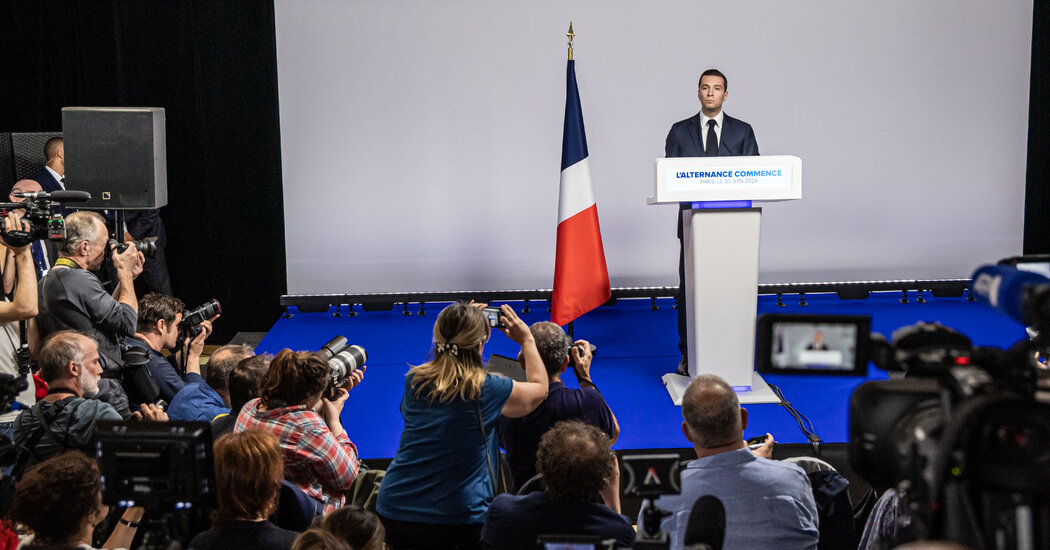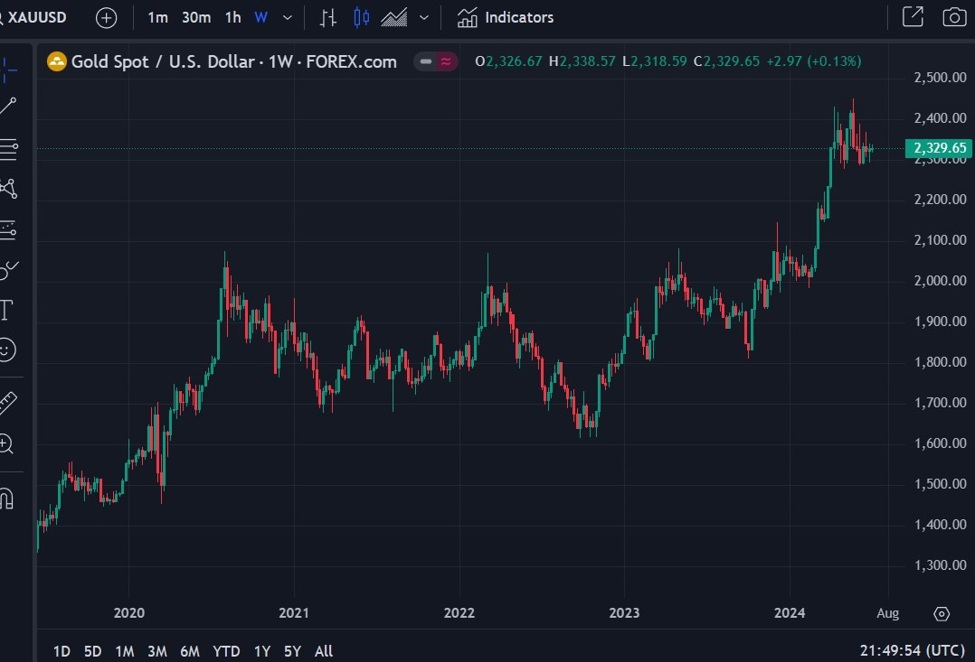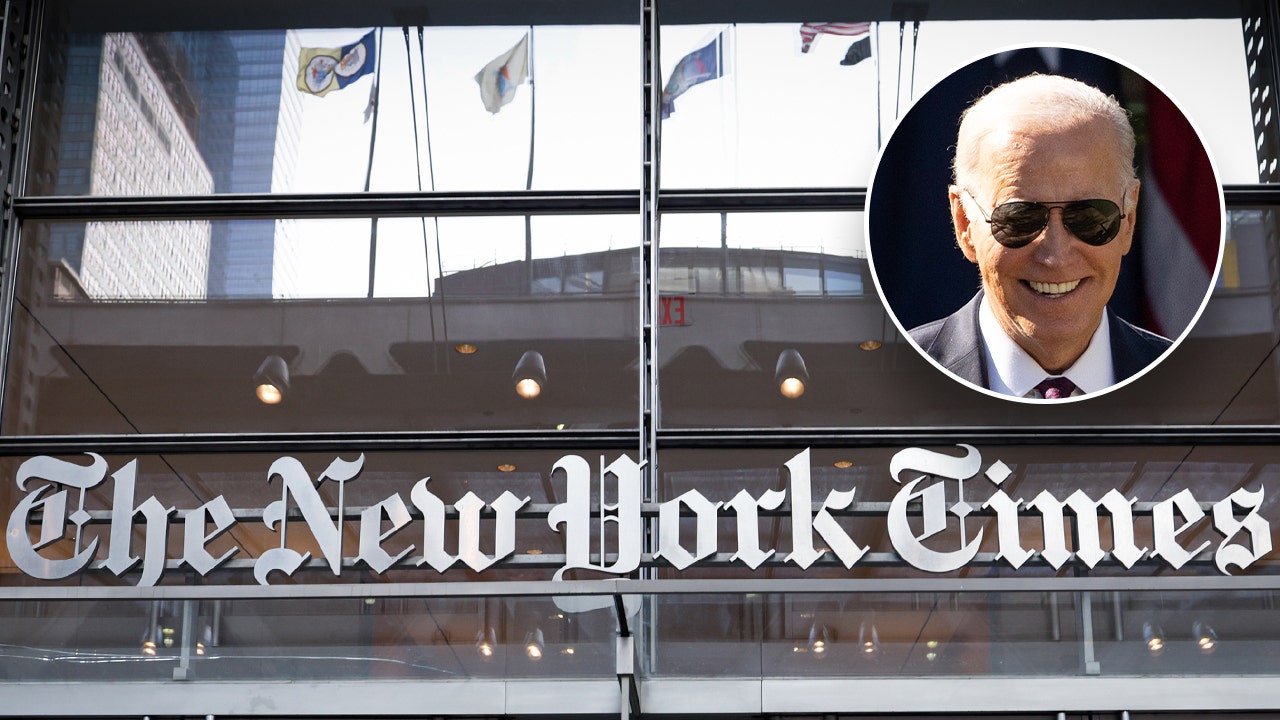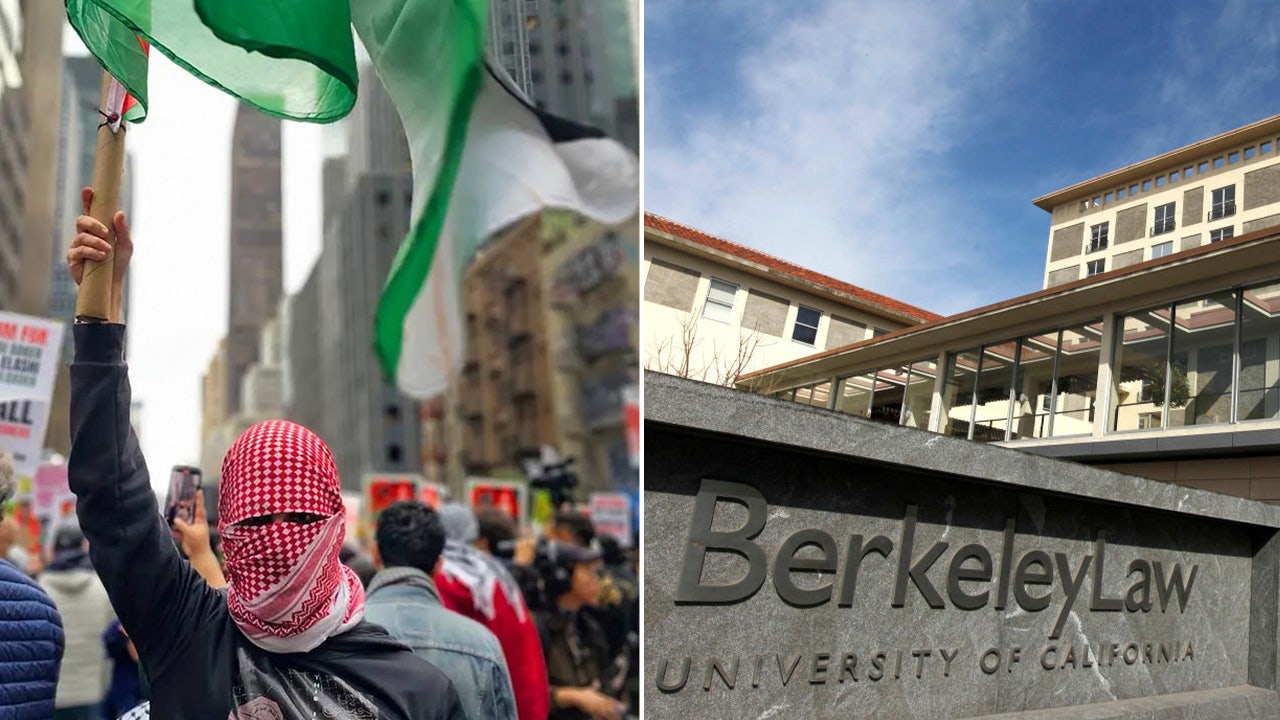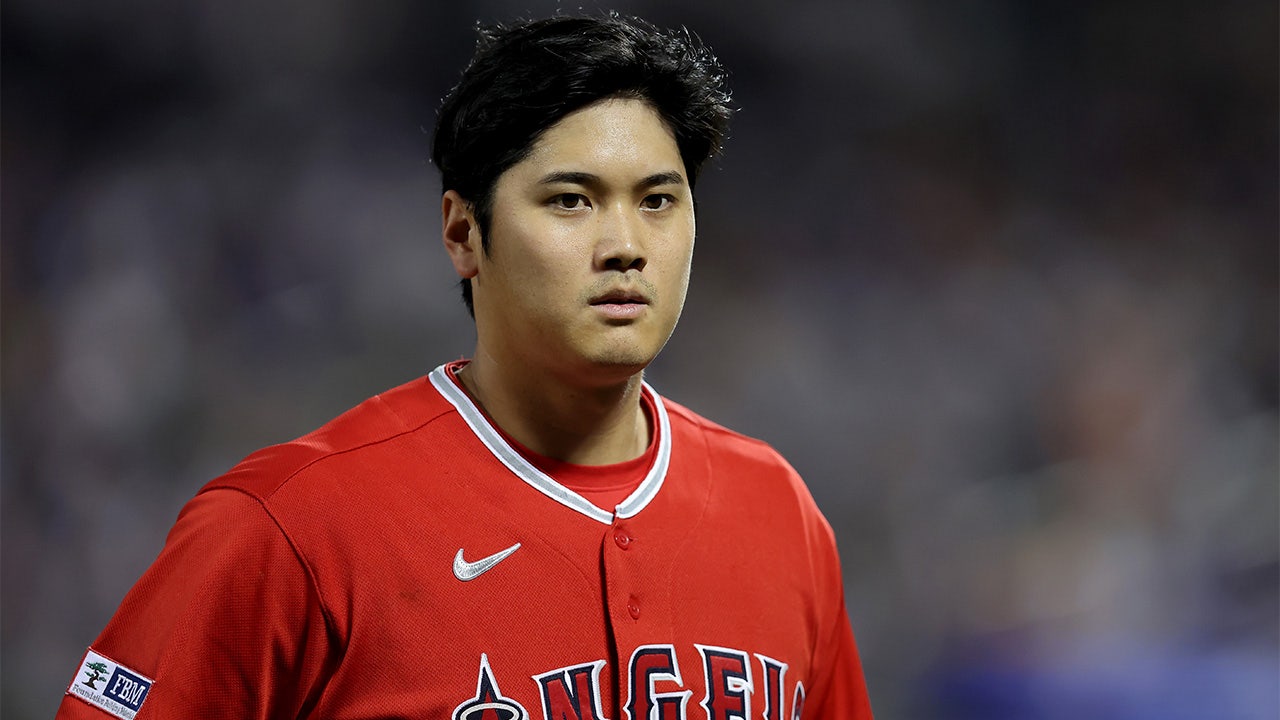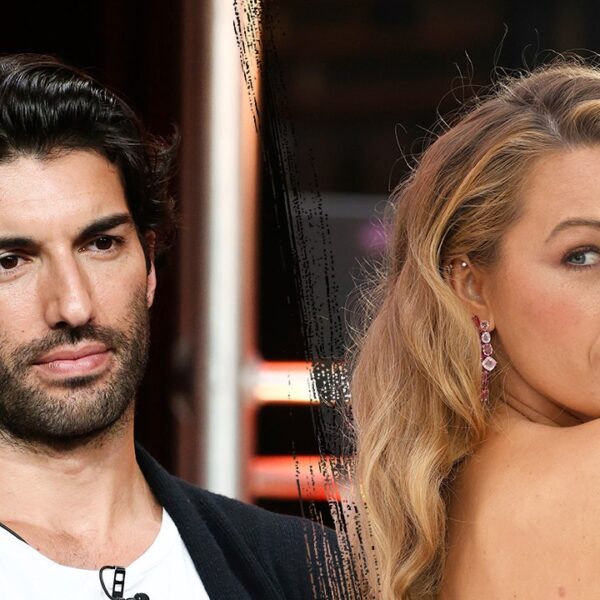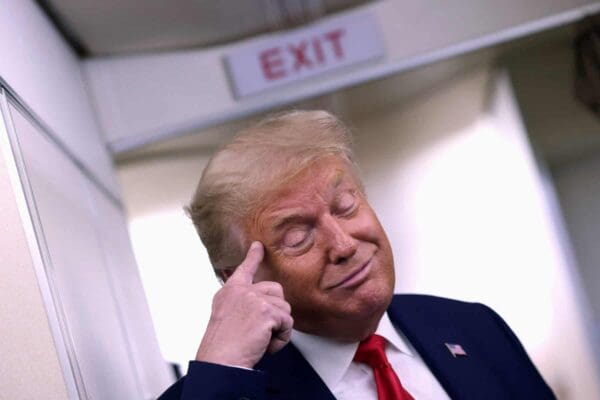Jordan Bardella, the far-right National Rally leader who may become France’s next prime minister, has repeated the same basic promises since a snap election was called in France.
If his party forms the country’s government, he will greatly reduce immigration, cut taxes and crack down on crime, he says.
But the National Rally is the heir to a political tradition in France associated with overt racism, antisemitism and Holocaust denial, and though the party has distanced itself from that past, some basic philosophies remain embedded in its policies: Immigrants pose a threat to France’s security, economy and national identity.
Among Mr. Bardella’s plans are stripping away the automatic right to French citizenship at age 18 to children born in France to non-French parents; ending free medical treatment for undocumented people, except in emergencies; and restricting citizens with second passports from taking jobs deemed sensitive, like running a nuclear plant and working in “strategic” defense.
He also wants to block convicted criminals from living in public housing and slash the country’s sales tax on all forms of energy, from fuel to electricity.
How he will do these things is not entirely clear. The party’s 21-page program, bursting with photos and graphics, is thick with sweeping ideas but thin on details on how to implement them. And over the past three weeks of furious campaigning and debates, Mr. Bardella has backpedaled some pledges or placed them on the shelf for later.
But even some of the measures that have consistently remained in his plan — like the stripping away of some automatic citizenship rights — and that he wants to put in place immediately are likely to face pushback from President Emmanuel Macron and the country’s constitutional council.
And then there is the question of how Mr. Bardella would pay for it all.
“They will have difficulties putting some of their program into place,” said Rémi Lefebvre, a professor of political science at the University of Lille.
It’s not even clear that Mr. Bardella, 28, will become France’s next prime minister. His party and its allies won about 33 percent of the popular vote for the 577-seat National Assembly in the first of a two-round election last Sunday. But only 38 of their candidates won their seats outright.
Most of the rest will face a determining second vote next Sunday, and a national movement has been building across the country to prevent them from gaining an absolute majority. More than 200 of their challengers have bowed out of three-way races, offering extra votes to the strongest opponent to block them.
Mr. Bardella has said he would not take the job of prime minister without an absolute majority of 289 seats. But if he does become prime minister, he has promised that his government would put in place a generous handful of measures this summer.
Some bills are in line with his party’s anti-immigration beliefs like the restriction on dual citizens taking certain jobs, as well as the end of some free medical treatment for undocumented people.
Over the next years, Mr. Bardella has promised to carry out the party’s long-held tenet of “national preference” — giving French citizens favored treatment over foreigners for certain government jobs, benefits or subsidies.
The measures are likely to be rejected by the country’s top constitutional council, said Anne-Charlène Bezzina, an associate professor in public law and a constitutional expert at the University of Rouen Normandy.
Just this past spring, the court ruled against limits on social benefits for non-French citizens who have been in the country for less than five years, stating that such restrictions would disproportionately infringe upon the right to national solidarity that it is enshrined in France’s Constitution.
Allocating benefits by separating people based on birth or citizenship cuts against the fundamental constructs of the French Republic, dating to the era of Enlightenment and enshrined in the Declaration of the Rights of Man and of the Citizen of 1789, Ms. Bezzina explained.
“You can’t differentiate between French people who are national or binational,” she said in an interview. “It’s the same for differentiating French by birthright or blood. It goes against the principle of equality.”
Mr. Bardella’s immediate plans to get tough on crime are more likely to find quick and smooth implementation, experts say. In the first weeks of office, he has promised to pass laws setting minimum sentences for repeat offenders and to cut state subsidies to families of young criminals caught reoffending.
“I think they will be able to do that to satisfy their electorate,” said Mr. Lefebvre, the political science professor.
To return money to French wallets, Mr. Bardella’s main promise has been to greatly slash the country’s sales tax on energy. When pushed on how he will pay for that measure — estimated at 17 billion euros (about $18.2 billion) by the Ministry of Finance — Mr. Bardella has offered a number of possibilities, including cutting France’s payments to the European Union by €2 billion.
There, he is again likely to face conflict with Mr. Macron, a forceful proponent of the European Union, Mr. Lefebvre predicted.
But Mr. Bardella might also face a technical challenge. In the short term, should a French government simply refuse to send that payment, it would probably face immediate sanction and a commensurate reduction in transfers from the European Union — many of which go to French farmers, who are biggest beneficiaries of farm subsidies, said Eulalia Rubio, senior research fellow in European economic affairs at the Jacques Delors Institute in Paris.
The negotiations for the next European Union multiannual budget are set to begin next year. If the French government insists on receiving a rebate in its payments going forward, it is likely to get something, she said, though not as much as two billion euros.
But the cost to the European Union, to which France is the second-largest contributor, will be great, Ms. Rubio, who is also an associate senior research fellow at the Center for European Policy Studies, said.
“France has always been the country with a vision of a bigger budget for the European Union,” Ms. Rubio said. “You saw Macron asking for a doubling of E.U. spending. So we can totally forget about the big budget for defense and totally forget about more economic support to Ukraine.”

